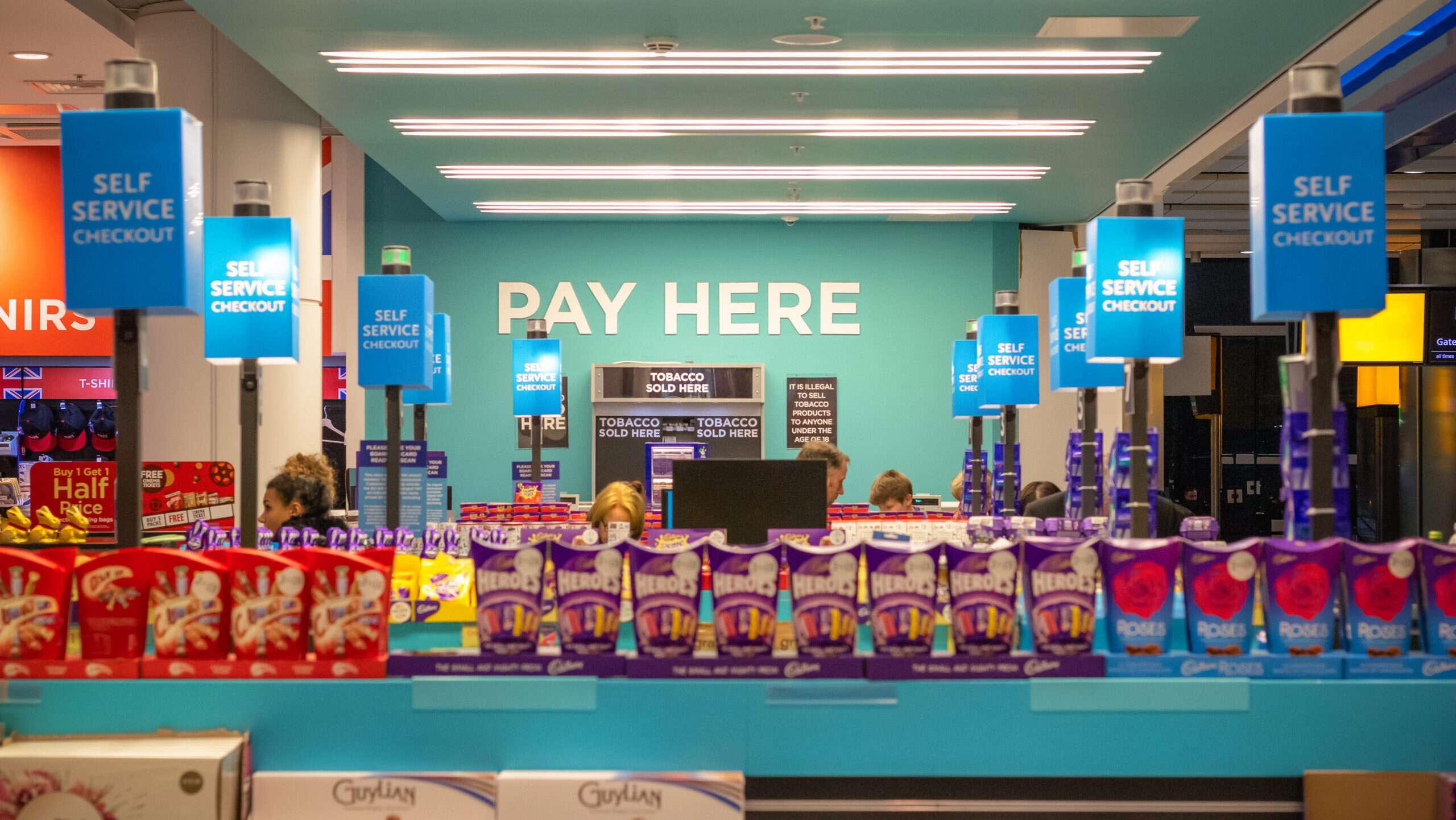Recent headlines about shoplifting and retail theft, along with viral videos of theft incidents, have drawn attention from the media and politicians. Some advocate for a tougher approach to shoplifters, while others focus on rehabilitation for offenders.
Progressive lawmakers in California have proposed banning self-checkout machines in stores as a crime-fighting measure. However, critics argue that the bill is primarily aimed at protecting union jobs.
The proposed legislation sets strict conditions for the use of self-checkout machines, requiring a certain ratio of staffed employees to machines and limiting the number of items for self-checkout. The bill’s sponsor emphasizes the importance of having real workers on the floor for community safety.
A study cited in support of the bill suggests that self-checkout machines are more prone to theft compared to traditional registers, leading to significant losses for retailers annually.
Critics argue that the bill’s true intent is to protect union jobs by restricting the use of self-checkout machines. The legislation mandates a study on the impact of technology on employees and labor costs before installing self-checkout machines.
Efforts to limit self-checkout in other states, such as Oregon, have also been linked to pro-union job measures. Some media outlets have framed the bill as an anti-theft measure, downplaying its implications for labor and unions.
Supporters of the bill highlight instances where retail chains have reduced or removed self-checkout machines to combat theft. However, critics argue that retailers themselves have a financial incentive to address theft issues without government intervention.
Retailers are exploring alternative monitoring tactics, such as smart video cameras, to deter theft at self-checkout stations. Critics maintain that government interference is unnecessary given the market’s response to theft concerns.
Lawmakers pushing for a ban on self-checkout machines should be transparent about their motivations behind the legislation.





